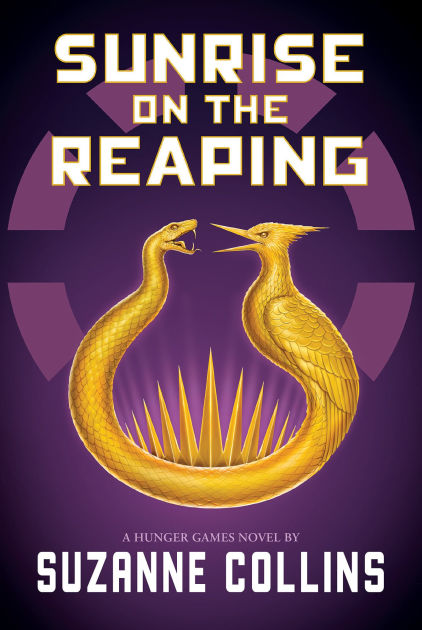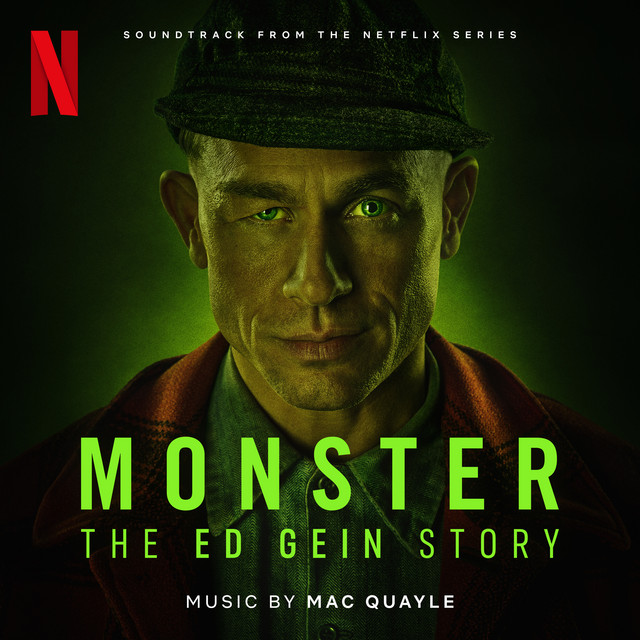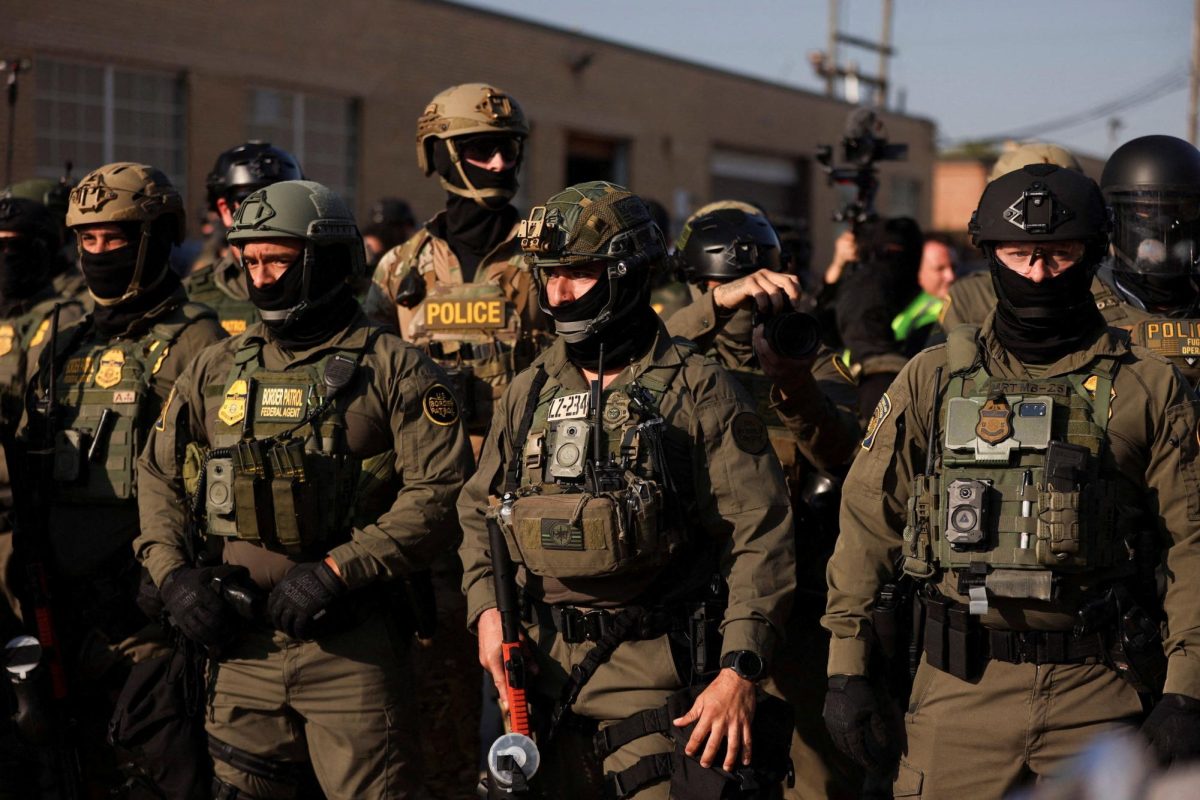It’s been 50 years since the Dark Days when the Capitol crushed the rebel forces. To mark its significance, the Second Quarter Quell is there to remind and punish the districts for their defiant nature. Instead of the typically 24 tributes, the Capitol reaps double the amount, 48 tributes to remind the rebels that for every Capitol citizen that was killed, two rebels died. One of the tributes ends up being the one and only Haymitch Abernathy.
The novel takes place 24 years before the start of the trilogy. An unknowing 16-year-old Haymitch wakes up on his birthday, the day of the Reaping, not expecting to be selected. Instead, he believes that once the Reaping is over, he will see his heart’s love, Lenore Dove. Originally, Haymitch’s name was not called during the reaping, but after an altercation with a Peacekeeper and the shooting of a classmate, Haymitch walks to the podium, shocked by the likely illegal nature of his reaping. Along the way, Haymitch faces many trials, putting both his own life and those of his friends at risk. In order to have the perfect games, the Capitol stops at nothing to ensure that the Games appear orderly to the public, even if that means replacing tributes and cutting out their own mistakes.
Of course, Haymitch does win the Hunger Games, we know that from the trilogy, but we get to explore how he won and what he did during his Games that inspired him to rebel. We get to see the chaos that ensues from these Games as well as the typical violence that the Capitol provides for the tributes. Despite many criticisms, the book, I think, lived up to the reputation that Collins has created for the series. With many unexpected twists and heart-wrenching scenes, I was turning pages as fast as I could. Typically, I don’t get scared while reading books, but this book is one of the few exceptions. The book offers us readers a look into how Haymitch became the rebel he is by the end of the second novel in the trilogy. The novel explores the typical propaganda that the Capitol shoves down the throats of its citizens, as well as the ways the tributes take on the propaganda and “paint their own posters.”
Overall, I did enjoy the novel. However, I do have a few critiques. Once Haymitch wins the Games, I feel that the progression of how he gets home and what happens when he returns feels rushed and like an oversimplification of the heartache that Haymitch is presented with. The ending I did like, although I did feel quite depressed after setting it down. I felt that it glossed over some details and that the details that were provided about how Haymitch gets home were unnecessary.
I do have one note, though: make sure you read the other novels in the order that they were released. You can understand all the connections that happen within the book.
Critisms aside, the book was a pleasure to read and I would give it 3.5/5 stars. As with all of the books in the series, there is a movie expected to come out in the fall of 2026, and I can’t wait to see what the actors cook up for us.














